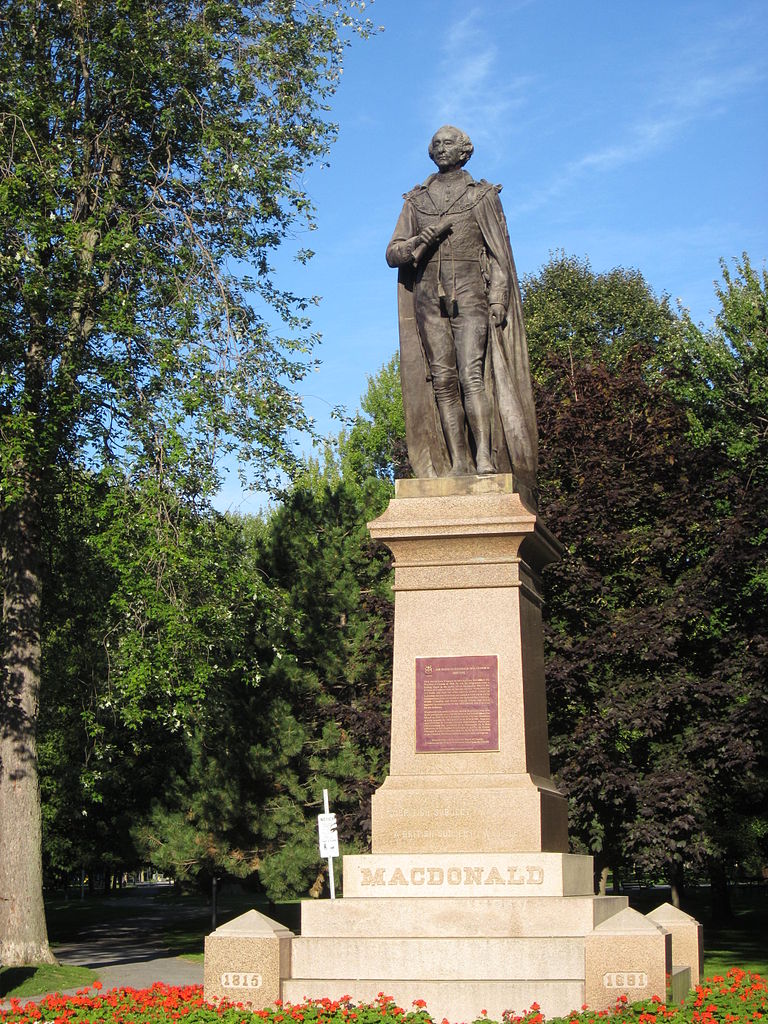
Historical monuments are important reminders of the past
By Simran Kaler , September 18 2017 —
When was the last time you stopped to look at a statue? Or bothered read about its historical significance?
The riots that broke out last month in Charlottesville over the decision to remove a statue of Confederate general Robert E. Lee prove that physical monuments remain very important to citizens and their troublesome history has not been forgotten. Recent events have brought these issues to the surface in North America.
Americans are disputing whether protecting statues of U.S. Confederate soldiers constitutes a celebration of slavery or whether monuments are important reminders of history. In Canada, a similar debate is igniting over honouring historical figures like Sir John A. Macdonald by naming schools after them. Macdonald is commonly remembered for being the country’s first prime minister and bringing the provinces into confederation, but some forget that he also played a fundamental role in residential schools and severely exploited Chinese workers to build the Canadian Pacific Railway. To this day the nation’s historical attachment to one of Canada’s founding fathers is strong.
Unfortunately, not many take the time learn anything beyond the one-sided, romanticized account of Canadian history presented in schools. One must ask at what point the desire to preserve these statues and school names constitutes excusing problematic history.
It isn’t feasible to hold historical figures to today’s moral standards. That’s presentism, and it doesn’t give us a full understanding of history. Educational historical exhibits meant to inform are more helpful than physical embodiments that simply exalt these figures. We need to have all the relevant information about controversial topics available because the world we are living in is volatile. We can’t have this information hidden when counter–protests bring about death and injuries like in Charlottesville.
The best thing we can do is learn more about Canada’s history and its figures — good and bad. An individual’s right to celebrate history has to be respected, but shouldn’t be free from criticism. If someone thinks that a historical figure was a perfect individual, they can be respectfully corrected — but they don’t need to be silenced. In Charlottesville, this took the shape of an informative plaque on Robert E. Lee’s statue. In Canada, it could be keeping Sir John A. Macdonald’s name on schools and other institutions but teaching students about his flaws.
